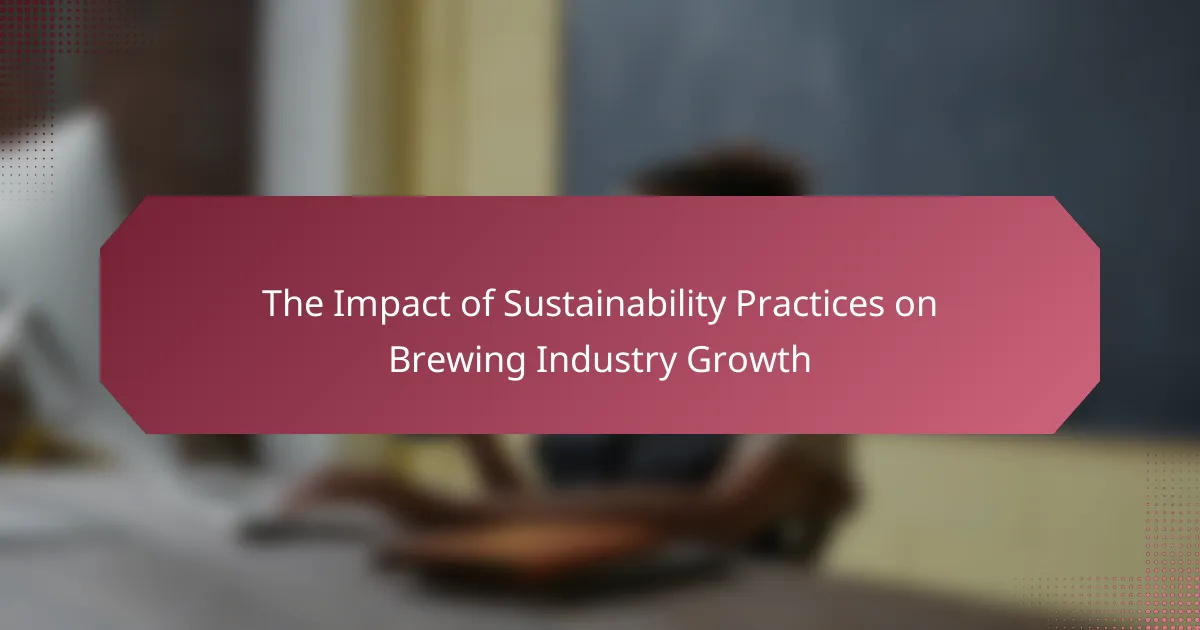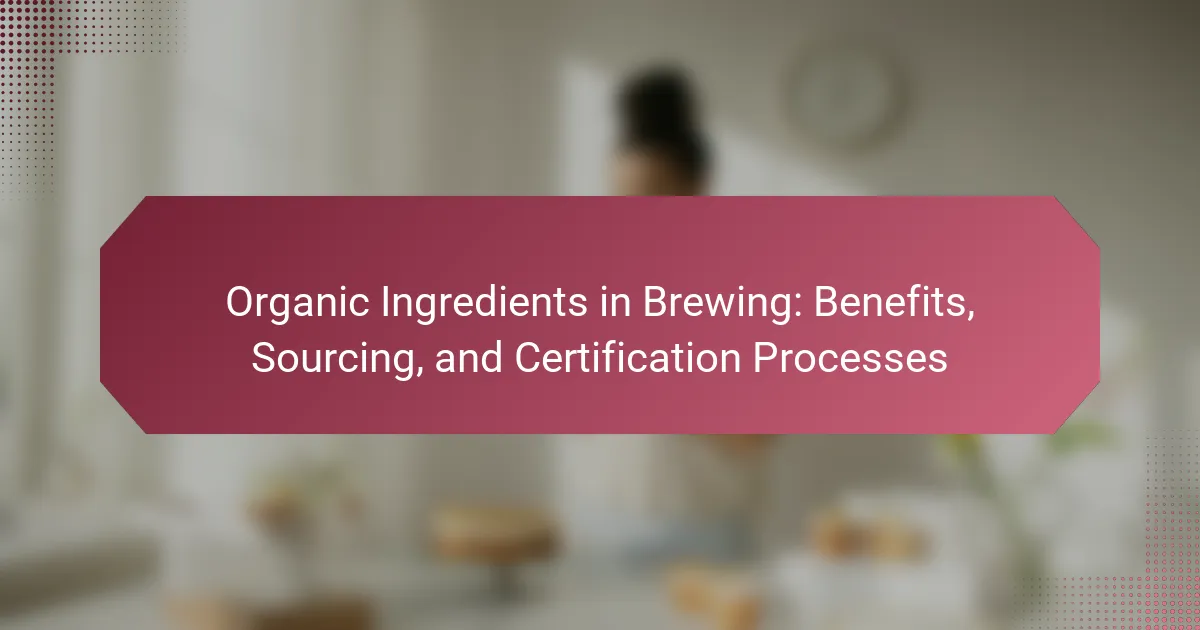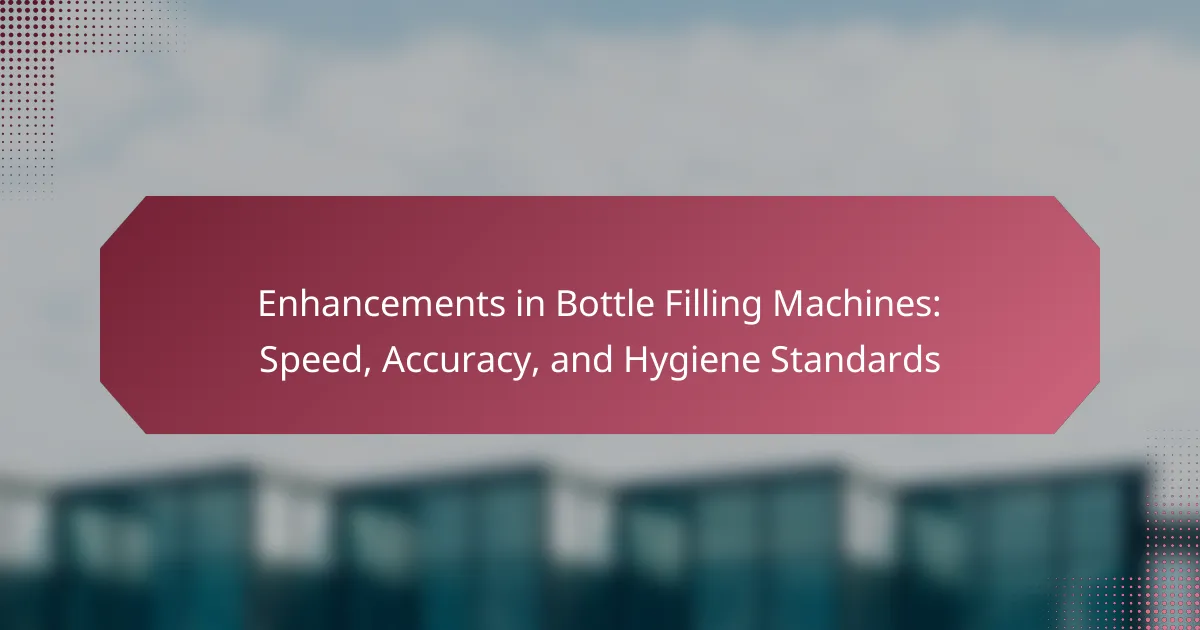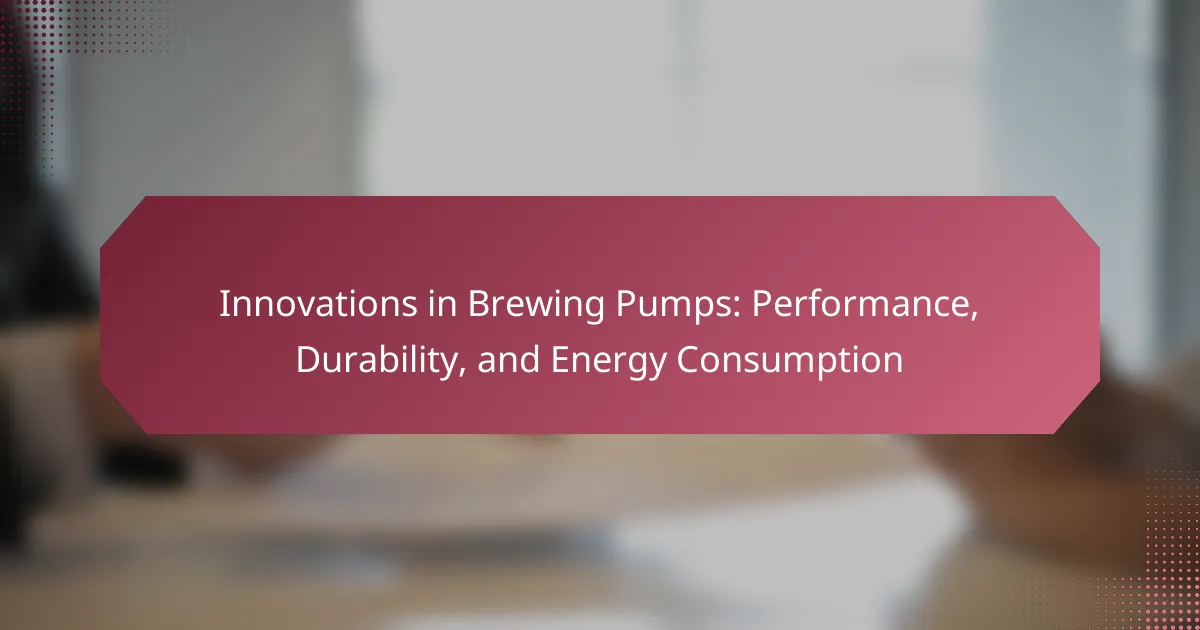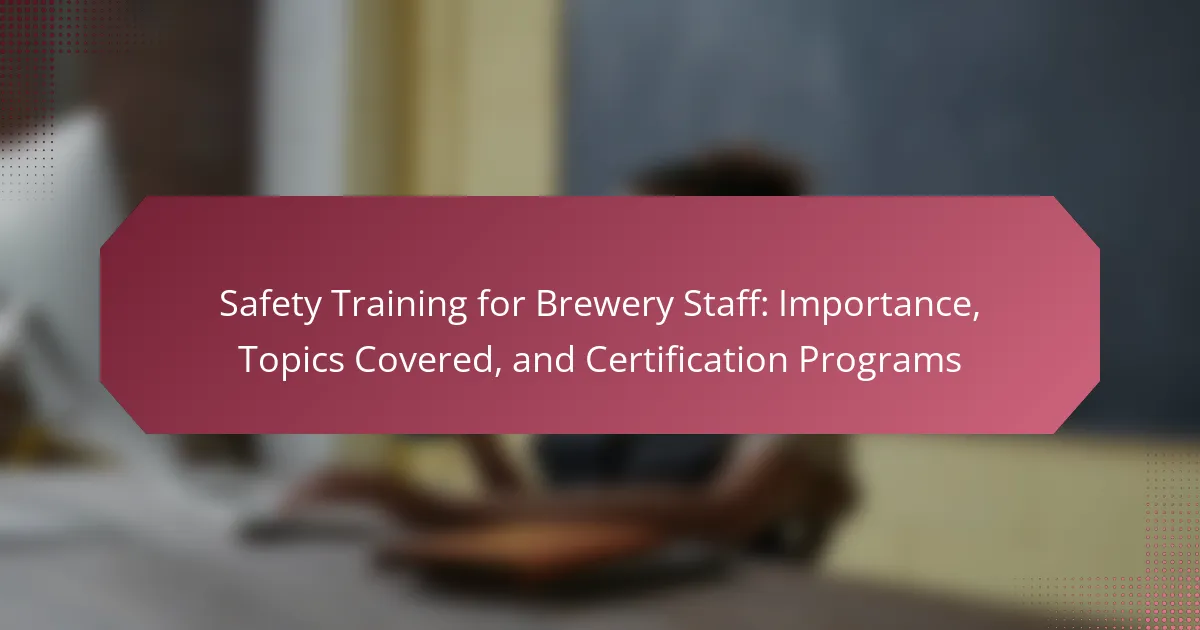Archive Post
Home / Author: Nathaniel Rivers
The Impact of Sustainability Practices on Brewing Industry Growth
The brewing industry is increasingly adopting sustainability practices to minimize environmental impact, focusing on methods…
Organic Ingredients in Brewing: Benefits, Sourcing, and Certification Processes
Organic ingredients in brewing refer to components such as malt, hops, yeast, and water that…
Enhancements in Bottle Filling Machines: Speed, Accuracy, and Hygiene Standards
Bottle filling machines are undergoing significant enhancements that focus on speed, accuracy, and hygiene standards.…
Personal Protective Equipment for Brewers: Essential Gear, Usage, and Compliance Standards
Personal Protective Equipment (PPE) is crucial for brewers to safeguard against various workplace hazards, including…
Innovations in Brewing Pumps: Performance, Durability, and Energy Consumption
The article examines innovations in brewing pumps, focusing on performance, durability, and energy consumption. Key…
Specialty Grains: Unique Flavors, Color Contributions, and Roasting Techniques
Specialty grains are unique varieties of grains cultivated for their distinct flavors, colors, and nutritional…
Sustainable Practices: Sourcing, Impact on Quality, and Environmental Benefits
Sustainable practices are methods designed to reduce environmental impact while enhancing social and economic well-being.…
Flavoring Agents: Natural vs. Artificial, Usage Levels, and Impact on Aroma
Flavoring agents are substances that enhance the taste and aroma of food and beverages, derived…
Water Quality Management in Brewing: Techniques, Importance, and Best Practices
Water Quality Management in Brewing is a critical process that involves monitoring and controlling the…
Safety Training for Brewery Staff: Importance, Topics Covered, and Certification Programs
Safety training for brewery staff is a structured program aimed at educating employees on workplace…

